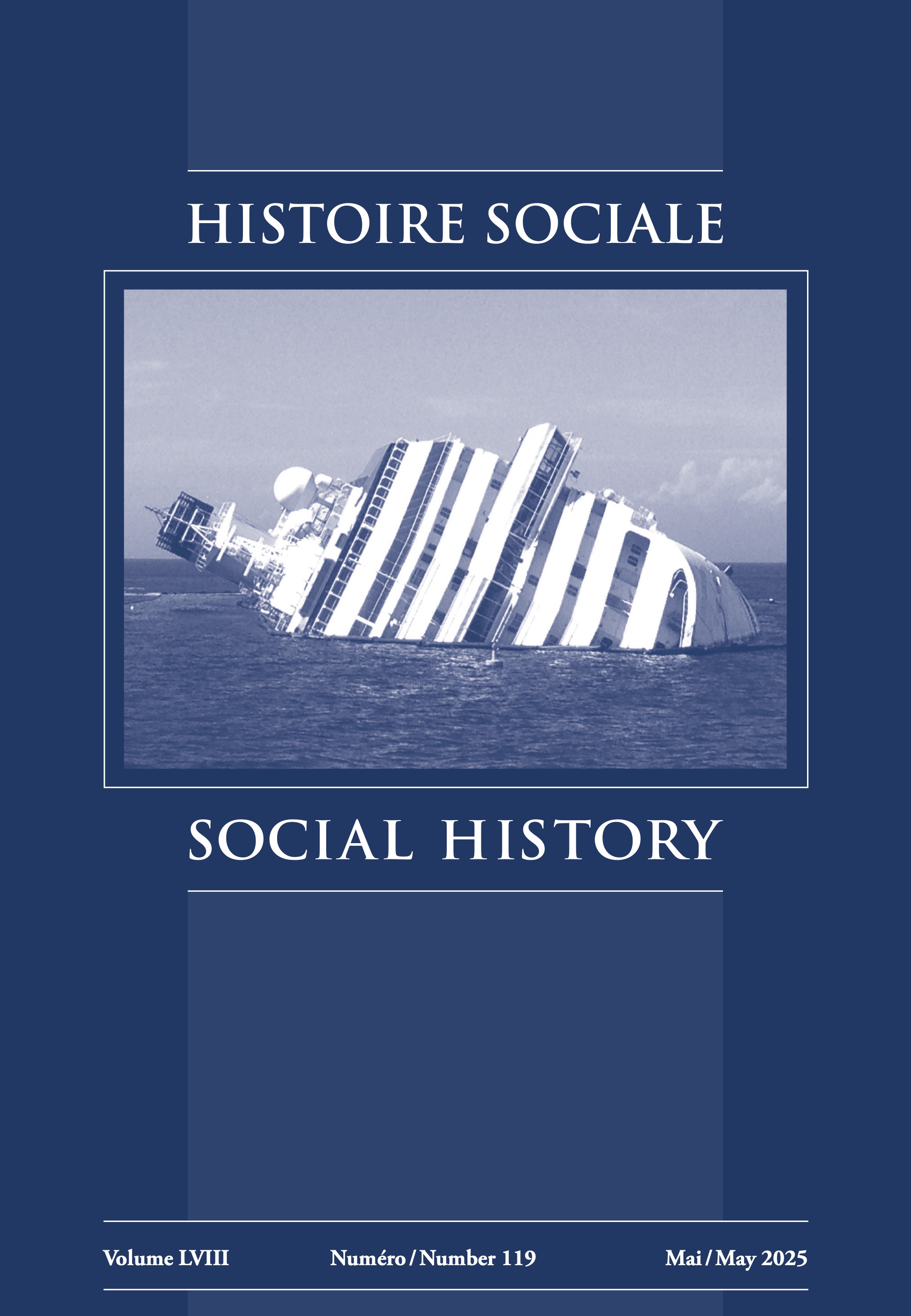Heroes and Villains: The Victorian Royal National Lifeboat Institution and Everyday Heroism
Abstract
The 200-year history of the UK’s Royal National Lifeboat Institution (RNLI), despite its longevity, has received scant scholarly attention. The RNLI exploited the Victorian fascination with “everyday heroism” to enhance its reputation and funding. This was most evident with Charles Fish, the celebrated coxswain at Ramsgate on the Kent coast, who represented the qualities of selflessness and courage found in Victorian imaginaries of lifeboat crews. And yet controversies arose when volunteers departed from the RNLI’s idealized norms and the public’s imaginaries. The promotion of Fish as an “everyday hero” contrasts with allegations made against Kent’s and other North Sea lifeboat crews of incompetence, illdiscipline, cowardice, and greed. Tensions over salvage claims resulted from a highly centralized organization’s attempts to manage volunteers in remote coastal communities; despite such controversies, however, RNLI crews continued to be represented and viewed by the public as “everyday heroes.”


